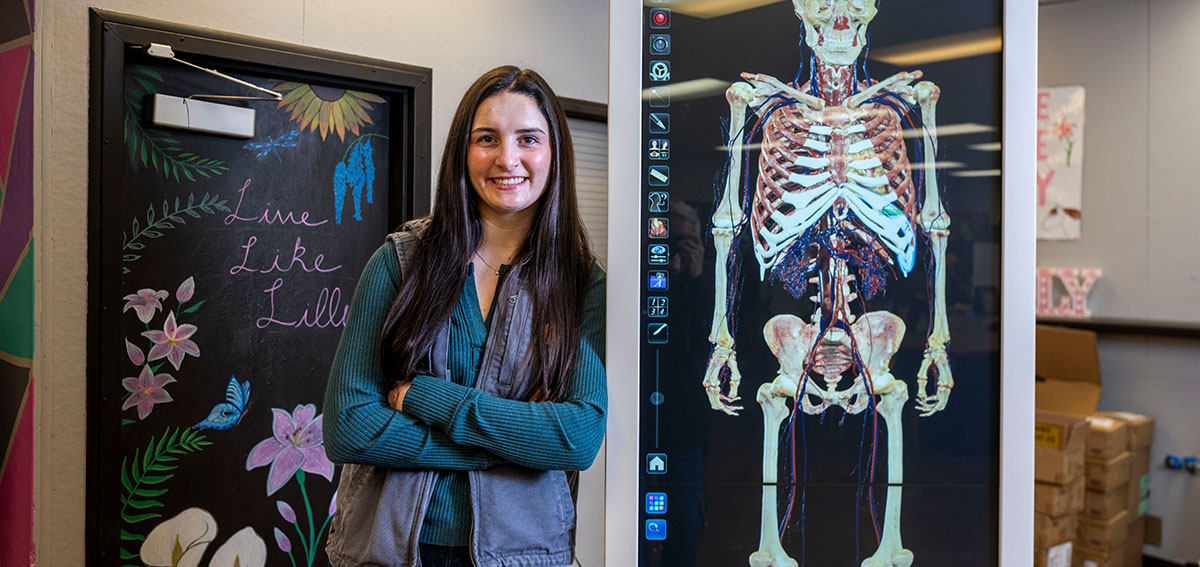View the Report
Jump to All Downloads & LinksIn California, one of the most culturally diverse states in the country, health care must bridge cultural and linguistic divides to serve all communities equitably. As trusted community members with lived experience, community health workers and (CHW/Ps) have a long history of connecting those not well served by the traditional health care system with culturally competent health and social services.
There is increasing recognition in California that CHW/Ps are a critical part of the health care workforce. In 2019, the California Future Health Workforce Commission recommended scaling the CHW/P workforce to broaden access to preventive and social support services as well as team-based, integrated primary and behavioral health care.
Currently, there are no standardized training curricula or requirements for CHW/Ps in California, and little is known about the number and scope of the training programs that are offered in the state. Healthforce Center at UCSF identified programs through established connections from previous projects and by searching the web. All identified programs were asked the same set of questions; some provided information via email, and others provided it via Zoom. See Methodology for more details.
This report presents the results of that research, describing CHW/P education and training programs in California, including details about program location(s), delivery mode, length and more.
Key Findings
- For the state with the largest population, California provides relatively few opportunities for CHW/P training. We identified and collected information from 40 CHW/P education/training programs in the state.
- Twenty-five of these 40 programs were active as of December 2021.
- Among active programs, 14 were college/university-based (across 11 schools), 10 were organization-based (across 10 organizations), and one was high school-based.
- Access to training programs is limited in many parts of the state. Most active programs (17) were located in the San Francisco Bay Area or Greater Los Angeles area, leaving large parts of the state, such as the far north and Central Valley, without programs (see map in the report).
- There is a mix of well-established and newer programs. Of all the active programs (excluding the high school-based program), nearly half (11, 46%) had been in existence for more than 10 years, and nearly half (11, 46%) launched in the last 5 years. Two (8%) were between 5 and 10 years old.
- A majority of active programs (18) offered general, rather than specialized, CHW/P training. General training consists of building basic, core skills, such as health communication and education, motivational interviewing, and advocacy. Specialized training involves building more advanced skills related to specific clinical conditions (e.g., diabetes, asthma) or populations (e.g., formerly incarcerated, young children).
- There is little consistency in program length. Program length and duration varied considerably between college/university-based programs and organization-based programs.
- College/university-based programs ranged from 8 weeks to 3 semesters in length and averaged 283 didactic hours/program (range: 80-816 hours).
- Organization-based programs ranged from 1 to 12 weeks in length and averaged 87 didactic hours/program (range: 10-400 hours).
There may be additional training programs that are not identified in this report, particularly given the number of community-based, grassroots organizations that deploy CHW/Ps in their communities. If you would like your program’s information to be included in report updates, contact Carlina Hansen, senior program officer at the California Health Care Foundation.
This report is part of a series that aims to paint a more complete picture of the CHW/P workforce in California, as well as challenges and opportunities related to training and employment. Explore the full series.
Authors & Contributors
Susan Chapman, RN, PhD, FAAN
Susan is a professor of social and behavioral sciences in the School of Nursing at UCSF and is a faculty affiliate of the Philip R. Lee Institute for Health Policy Studies (IHPS) and Healthforce Center at UCSF.
Amy Quan, MPH
Amy is a research analyst at Healthforce Center at UCSF.
Jacqueline Miller, BA
Jacqueline is a senior research data analyst with IHPS at UCSF and is affiliated with Healthforce Center at UCSF.




